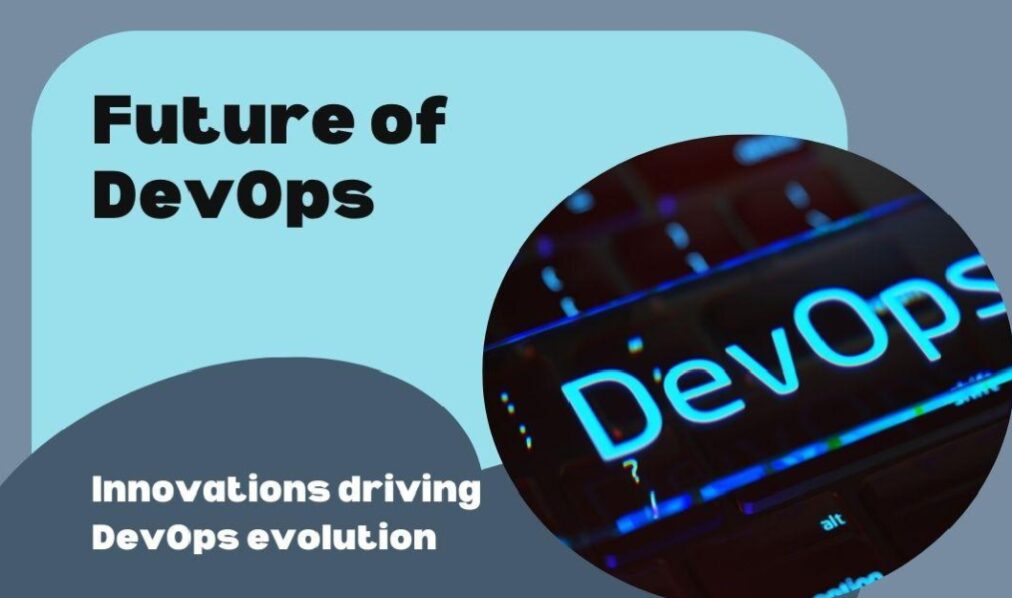
In today’s fast-paced technological landscape, DevOps has emerged as a critical methodology for integrating software development and IT operations. By accelerating the development lifecycle and consistently delivering high-quality software, DevOps plays a vital role in ensuring organizations stay competitive. As Venkatesh Kunchenapalli, a DevOps expert, explains, mastering DevOps has evolved from a career choice to an essential skill set for professionals in the field. With increasing demand for automation, continuous integration, and deployment (CI/CD), adopting DevOps tools and practices has become necessary for those looking to excel in technology-driven roles.
The Role of DevOps in Modern Technology
DevOps integrates software development and IT operations to accelerate the development lifecycle and deliver high-quality software consistently. Its importance in today’s technology landscape is undeniable, with organizations across industries increasingly adopting DevOps practices to enhance operational efficiency and drive continuous improvement. The ability to streamline processes, ensure rapid software delivery, and maintain agility is critical for companies looking to stay competitive. For aspiring professionals, mastering DevOps has evolved from being a career choice to a necessity. With a growing focus on automation, continuous integration, and deployment (CI/CD), the demand for professionals proficient in the latest DevOps tools and practices continues to rise.
Key Innovations for Aspiring DevOps Professionals
Several key areas of innovation are shaping the future of DevOps, each becoming an essential part of a DevOps professional’s toolkit. Version control and build automation, utilizing tools like GitLab, GitHub, Maven, and Gradle, form the foundation for efficient collaboration and deployment, ensuring seamless teamwork across distributed environments. Infrastructure as Code (IaC) tools, such as Terraform and Pulumi, are revolutionizing infrastructure management by automating provisioning, enhancing scalability, and reducing human error.
Containerization and orchestration technologies like Docker and Kubernetes enable developers to package applications into lightweight containers, ensuring consistency from development to production. At the same time, platforms like Kubernetes facilitate scaling and error handling. Monitoring and observability tools, such as Prometheus, Grafana, and Datadog, provide insights into system behavior, allowing professionals to troubleshoot issues proactively and maintain system health.
Scripting and automation with languages like Python and Bash also automate repetitive tasks, reducing manual intervention and boosting efficiency across operational workflows. These innovations are transforming how organizations optimize resource usage, improve operational efficiency, and ensure the reliability of their software systems.
These innovations highlight the versatility that aspiring professionals must develop. As DevOps becomes more ingrained in the operations of technology companies, professionals are expected to navigate between roles—whether they’re acting as cloud engineers, infrastructure managers, or site reliability engineers. This adaptability, according to Venkatesh Kunchenapalli, will make them more marketable and open doors to diverse career paths.
Beyond the Basics: Advanced Skills to Stand Out
Beyond core competencies, aspiring DevOps professionals must continually evolve to remain competitive. Systems design, security, and data structures are critical advanced skills that become increasingly important as systems grow more complex. Architecting efficient, scalable, and resilient software is essential in this dynamic field.
Additionally, security is a crucial aspect of DevOps. Professionals in this space are responsible for maintaining applications and infrastructure security by understanding protocols, encryption techniques, and vulnerability management. A firm grasp of security principles enhances an organization’s resilience and significantly improves a professional’s career prospects in the ever-evolving tech landscape.
Building a Winning DevOps Portfolio
Building a strong DevOps portfolio requires focusing on personal projects that showcase technical expertise. By undertaking projects that demonstrate skills in automation, CI/CD pipeline implementation, and infrastructure optimization, professionals can effectively prove their value to prospective employers. A well-documented and visually appealing portfolio that clearly communicates the objectives and outcomes of each project is crucial for standing out in a competitive field. Additionally, it is essential for professionals to continuously update their portfolios with recent achievements and developments to stay relevant. Emphasizing lifelong learning and adapting to the latest trends in the field are key components of maintaining a competitive edge.
As the technology landscape continues to evolve, DevOps professionals must stay ahead by embracing key innovations and developing advanced skills. Mastering essential tools such as version control, IaC, containerization, and monitoring platforms, alongside scripting and automation, is crucial for staying relevant. Moreover, building a compelling portfolio demonstrating hands-on experience with these innovations will help professionals stand out in a competitive job market. With a focus on lifelong learning, security practices, and the ability to navigate multiple roles, aspiring DevOps professionals can position themselves for success in this dynamic and rapidly growing field.






